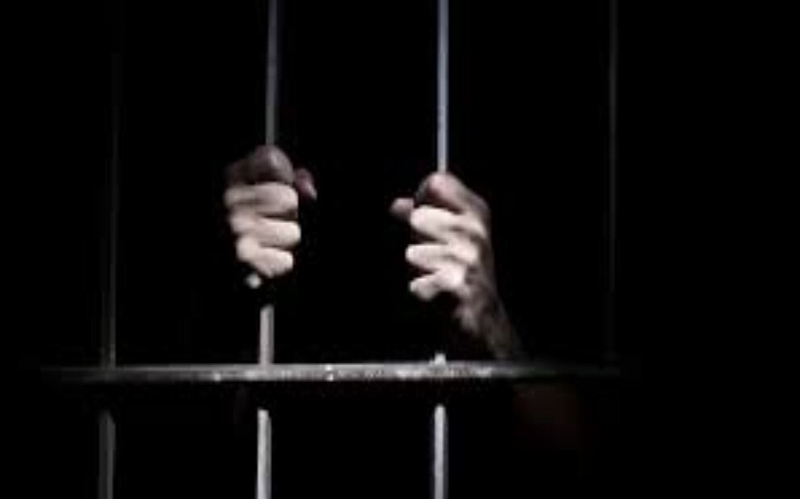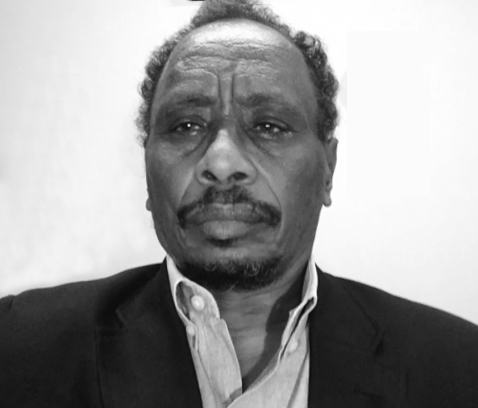
No More Escaping Accountability
Faisal Elbager
Sudan witnesses the largest displacement in the world due to the catastrophic "militia" war, while its instigators continue to evade responsibility. What disturbs the warlords is that escaping accountability for war crimes, crimes against humanity, and genocide is no longer possible!
"War claimants are like war itself. Peacekeepers have nothing to fear or mourn. When passing through, they say peace; when troubled, they call for the nation." - Mohammed Hassan Saleh Himmid
The catastrophic "militia" war between the army and the Rapid Support Forces continues, with its devastations increasing day by day, month after month. Both sides show no concern for the unprecedented humanitarian crisis on this Wednesday, January 31, 2024, marked by unparalleled suffering, infrastructural destruction, and upheaval. The forced displacement and eviction of people from their homes and livelihoods persist, with regrettable predictability. The leaders on both sides only exchange accusations, engaging in futile blame games, absurd denials, and diverting attention to who initiated the war and lit the fuse. They persist in encouraging regional and ethnic divisions through hate speech, dividing people into "for" and "against," and recruiting youth as pawns in a war where they have no stake, following the glorious December 2018 revolution that opened doors to a nation that accommodates everyone, as beautifully summarized by Mohammed Hassan Saleh Himmid: "Not all of us are descended from Adam, but Adam, the father of humanity."
The International Organization for Migration raises the alarm, announcing that the number of displaced people due to the war has reached a staggering 10.7 million since it erupted on April 15, 2023. This "shocking" number, as described by the international organization, constitutes the "largest displacement in the world." The world has been warned about the severe shortage of food, shelter, healthcare, and sanitation, factors that increase the risk of diseases and malnutrition. The international organization criticizes the inadequate international humanitarian response to the situation in Sudan, which seems overshadowed by the Israeli-Gaza conflict and the recent Russian war in Ukraine. If we dont raise our voices loudly against the ongoing destructive war in Sudan, the "militia" war may become a forgotten conflict, with its risks and consequences affecting the security and safety of all countries and people in the region. This is something that needs attention today, not tomorrow!
As the dire situation in Sudan worsens, the Chief Prosecutor of the International Criminal Court (ICC), Karim Khan, intervenes again by visiting Chad, where hundreds of thousands of refugees have sought refuge. He witnesses their inevitable fate in a worsening humanitarian crisis, impoverished living conditions, and the harsh reality of makeshift camps lacking lifes essentials. Unfortunately, the situation echoes the proverb: "Like one seeking refuge from the scorching sun in the fire." This is a prolonged tragedy!
Karim Khans visit to the refugee camps in Chad aims to hear the testimonies of "victims," survivors, and witnesses. It supports the approach of "not forming an opinion unless one has heard" in his report prepared by experts from the International Criminal Court, to be presented to the UN Security Council. In this report, Karim Khan provides additional "evidence" of the crimes committed in Darfur since the start of the war on April 15, 2023. The crimes include heinous acts in the city of Genaina in West Darfur and other areas of Darfur.
Whats new is that the Chief Prosecutor announces he has added the use of "open sources" to his traditional, highly efficient investigation methods, opening a new door to the discovery, analysis, and verification of "open-source content." This, in itself, is a new dimension in exploring and utilizing open-source content for defending human rights, legal accountability, monitoring violations, and reporting them.
In this grim reality, with a continuation of the wrong path of "escaping forward," the conflicting parties continue to evade their legal responsibilities in "protecting civilians" in areas controlled by the army and the Rapid Support Forces. Despite the clear provisions of international humanitarian law, they persist in committing "systematic" violations against human rights defenders, civil society activists, political parties, through arrests, torture, "enforced disappearances," extrajudicial killings, unfair trials, and additional emergency measures imposed by illegitimate administrators. These administrators, appointed by Burhan and his rival Hemeti, compete in defending violations and attempting to legitimize their presence on the map of violations—a legitimacy void since their documented "partnership" in the October 25, 2021 coup!
All of this is documented, and the results of the investigations by the Independent International Fact-Finding Mission on the Situation in Sudan, formed and endorsed by the UN Human Rights Council, are awaited. The mission, comprising three experts in international human rights law and international humanitarian law—Mohamed Shandi Osman from Tanzania (mission head), Joy Ezeilo from Nigeria, and Monee Rishmawi from Jordan/Switzerland. One of the main tasks of this mission is to "collect and analyze evidence in light of any future legal actions, identify individuals and entities responsible wherever possible, and make recommendations to end impunity, ensure accountability, and bring victims to justice." In short, a promising indicator that escaping accountability for war crimes, crimes against humanity, and genocide is no longer possible. This unsettles the "warlords of April 15" and troubles their minds, no matter how far they "travel" in their futile search for guarantees against accountability or "safe havens" to escape the cost of April 15 "militia" war violations according to international human rights law and international humanitarian law.
Faced with this tragic reality, Sudanese human rights movements, human rights journalism, and free and independent journalism have no choice but to increase their efforts, coordination, and collaborative work to prioritize and set agendas. They must consolidate their "scattered" energies into the largest alliance against the war, and speak out loudly against any settlements that may lead to escaping accountability for all crimes committed since the catastrophic April 15 war.
Final Note: "Nothing is more painful than sad blood, and nothing breaks the heart like wars that target intentions, becoming sustenance, drink, and the source of stories." - Amir Taj Al-Sir
Email: faisal.elbagir@gmail.com


